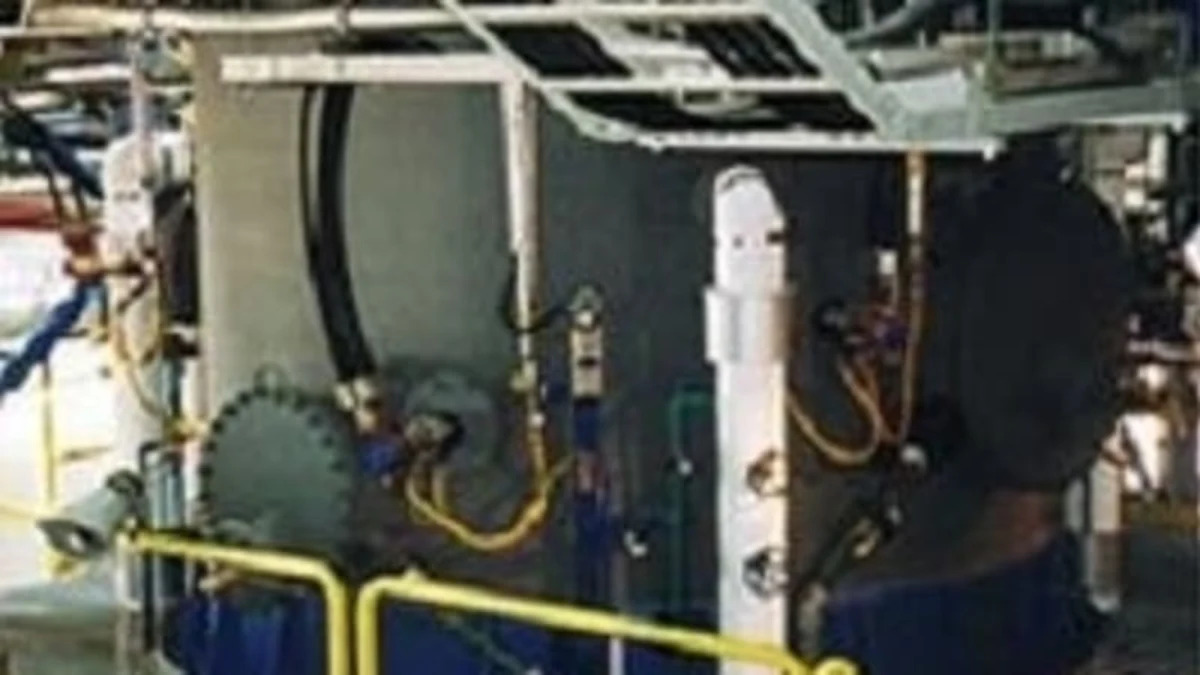In America, we have trash, and lots of it. Remember in "Back to the Future", when Doc, played by Christopher Lloyd, grabbed garbage from a can, dropped it into the back of his time-machine and fueled its time circuitry with it? This is nothing like that. But, it is pretty cool if they can get it to work at an economically feasible price. The idea is to convert the organic parts of trash into alcohol, specifically methanol and ethanol. Both have uses as fuels. The waste products apparently are turned into some sort of glass product that is safe to dispose of. I make no claims to understand how this happens, I am merely passing on the information I read to you, dear readers. But, here goes an explanation of the technology based on this page.
Using technology which was developed at MIT and at Batelle Pacific Northwest National Labs (PNNL), in Richland, WA. A spinoff company, Integrated Environmental Technologies (IET), also based in Richland, WA, has taken over. The process "vaporizes organic materials to produce hydrogen and carbon monoxide, a mixture called synthesis gas, or syngas, that can be used to synthesize a wide variety of fuels and chemicals. The waste is heated in a 1,200° C chamber into which a small amount of oxygen is added to partially oxidize carbon and free hydrogen." Some organic material becomes char, which is gasified using some sort of plasma, and toxic wastes are discarded. "The next step is a catalyst-based process for converting syngas into equal parts ethanol and methanol."
Again, according to the article, enough ethanol and methanol could be created from the available amounts of garbage that they could replace 25 percent of the gasoline in the U.S. If this is possible, it sure sounds better to make ethanol using this procedure than to use corn, and they claim it is cheaper to do as well. One potential problem the article suggests is that landfills may fight for their share of garbage, which they sometimes make gas from, as they have money to make as well. Gee, bury the trash underground or reuse it in a meaningful way? Toss-up, right?
Other people have tried turning trash into fuel too, and MIT has a program dedicated to it. If possible, why not? Any comments?


Sign in to post
Please sign in to leave a comment.
Continue